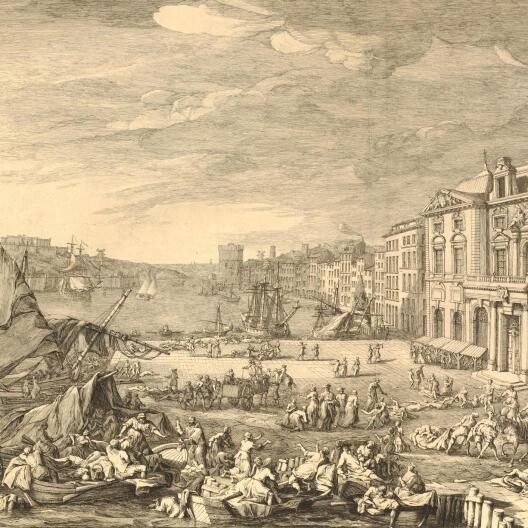Religious interpretations of epidemics
Dossier “Religion and conspiracy theories in the time of the corona epidemic”
The first part raises the question of how religious communities and their representatives interpret the epidemic, what patterns of interpretation they use, how these patterns differ from earlier religious and theological interpretations of pandemics, and how diverse religious interpretations are depending on the socio-historical context and religious self-understanding. Looking at the major churches in Germany, for example, we notice how carefully they formulate their interpretations of the crisis. But not all religious actors are so careful and sensitive, with some also seeing the crisis as an opportunity to proclaim their message loudly.


